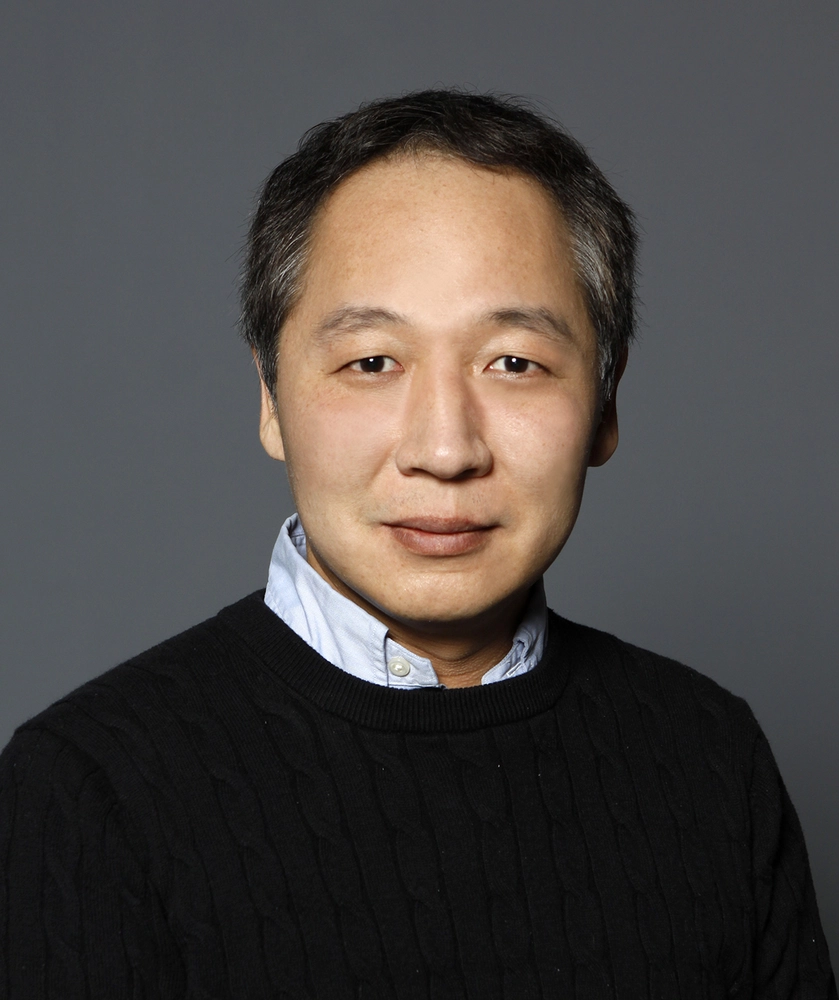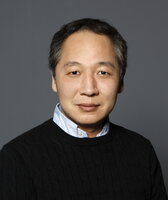
The School of Molecular & Cellular Biology and Department of Biochemistry are pleased to welcome Chu-Young Kim as a professor of biochemistry. We recently spoke with him about his research and teaching interests and how he spends his time outside the lab. He joins us from the University of Texas at El Paso, where he was a biochemistry and chemistry faculty member.
Tell us about your lab and your research focus, including how you came to choose or specialize in your area.
The longest-running research in my lab is investigating how soil bacteria produce bioactive molecules called polyketides, a class of natural products known for their antibacterial and anticancer properties. I became interested in this topic after listening to a lecture at an American Chemical Society meeting that I attended as a graduate student. I was fascinated to learn that some bacteria can produce these highly complex molecules in mere minutes. Typically, it takes chemists months to years to synthesize similar compounds in the lab. Recently, while investigating polyketide biosynthesis, we accidentally discovered a bacterial protein involved in DNA damage repair. The structure of this protein differs from that of other known DNA repair enzymes, which suggests that we stumbled upon a DNA repair pathway that scientists did not know about. Bacterial DNA repair has now become a second major research topic in my lab.
What is especially exciting about this particular area of research, at this time?
For polyketide research, we started to engineer the natural biosynthesis pathway with the aim of generating modified polyketide molecules quickly and cheaply. This technology is expected to make thousands of novel polyketides accessible for drug development. For DNA repair research, every experiment we are doing now is exciting because almost nothing is known about this DNA repair pathway. It’s like playing with a new animal that nobody has seen before.
What interested you the most about becoming a faculty member in the Department of Biochemistry and the School of Molecular & Cellular Biology at the University of Illinois?
The stellar reputation MCB has in the scientific community and the exciting research being carried out by current faculty, students, and staff. And the fact that I will have ample collaboration opportunities with experts from other departments across campus.
What are your teaching interests?
I teach biochemistry. In addition to the textbook material, I like to introduce students to how biochemistry is used in unexpected places like searching for life on Mars, making a new type of burger, and predicting if a child will grow up to have aggressive tendencies.
If any students (undergraduate or PhD) are interested in working in your lab, what’s your advice or how can they get in touch with you?
Please e-mail me or drop by my office.
Tell us about someone who made a difference in your life, such as someone who sparked your interest in biology, who encouraged you to pursue a career in academia, or challenged your thinking about a topic.
Carl Sagan (1934-1996) who was my undergraduate research mentor. My undergraduate research involved searching for extraterrestrial life. Although I did not actually find an alien life form, I learned that I liked doing laboratory research.
What do you like to do in your free time?
I build Lego models, fly RC planes, and I snowboard in the winter.
